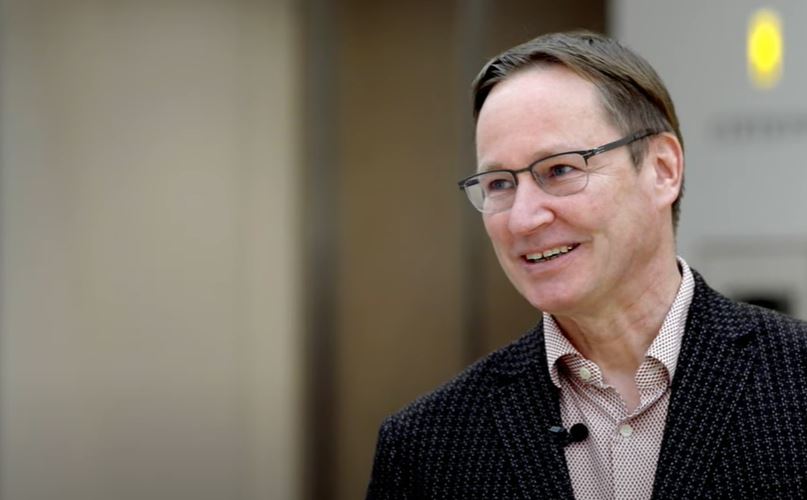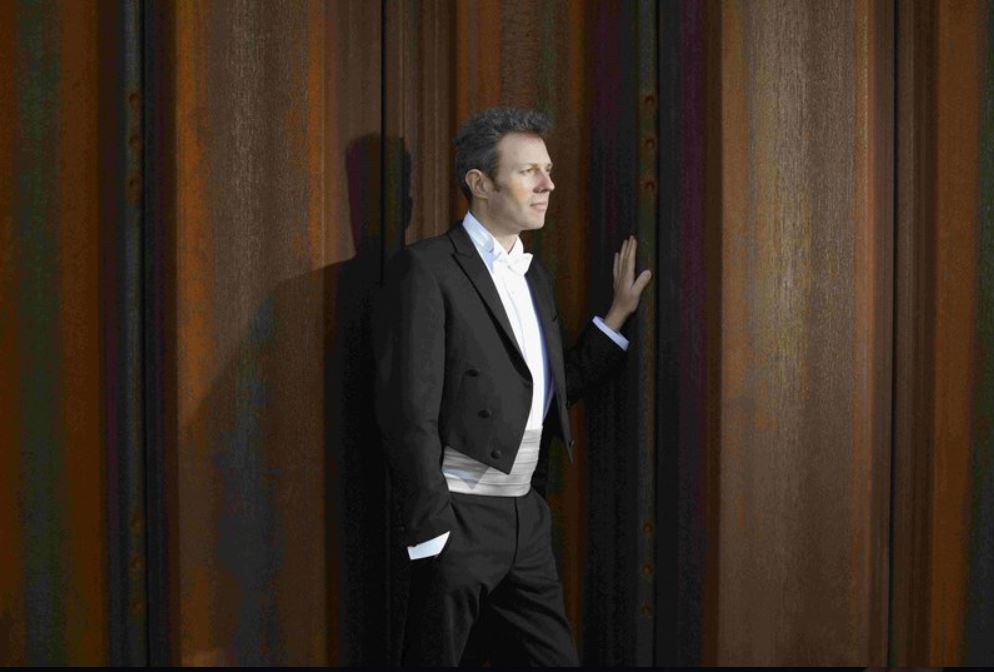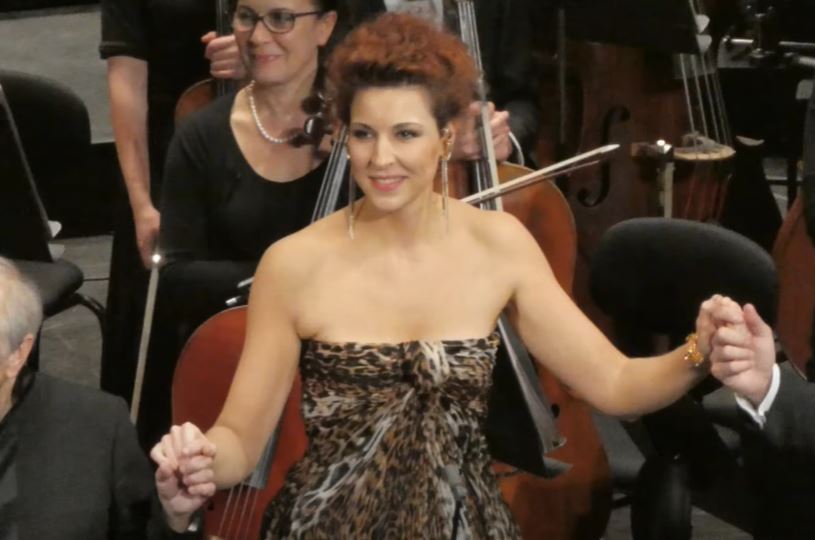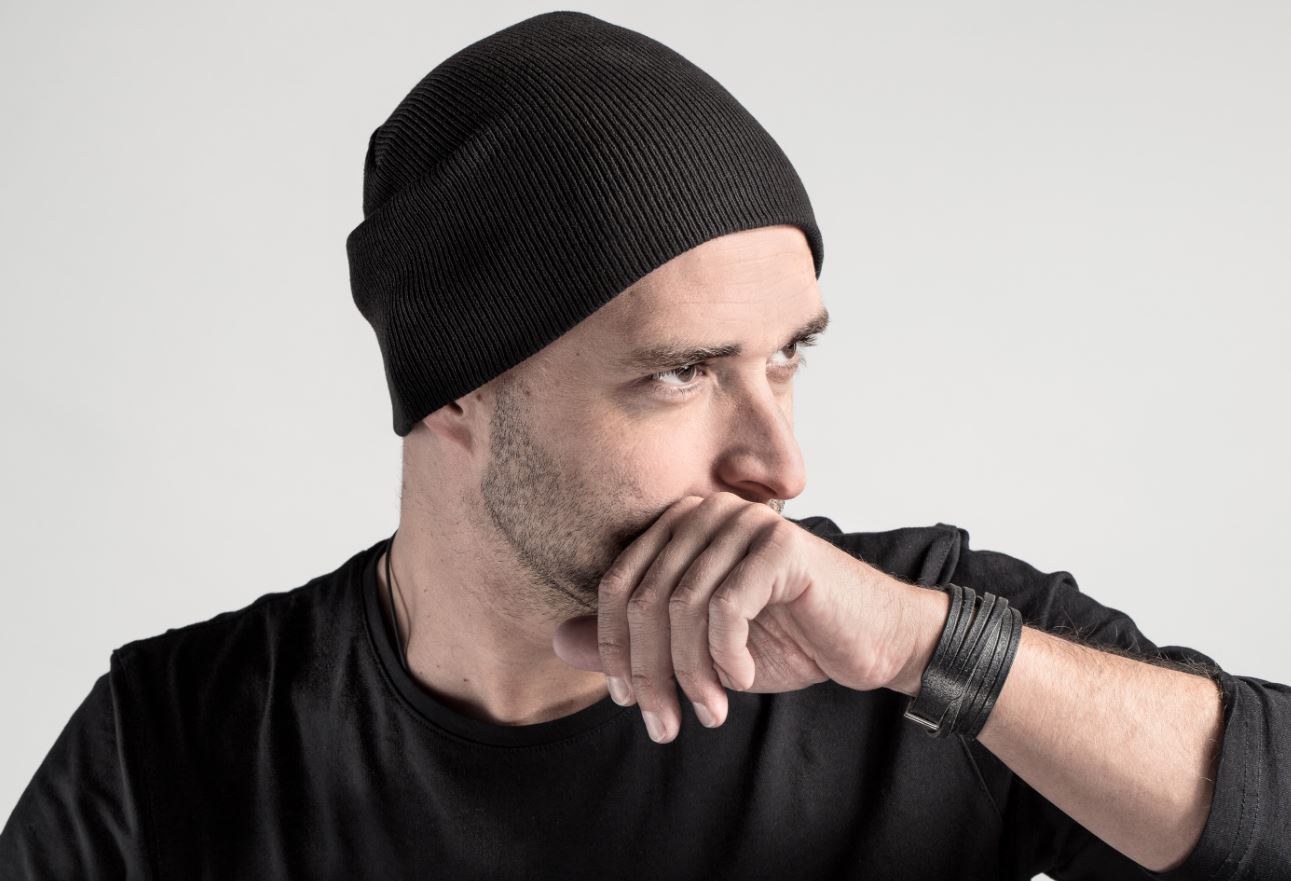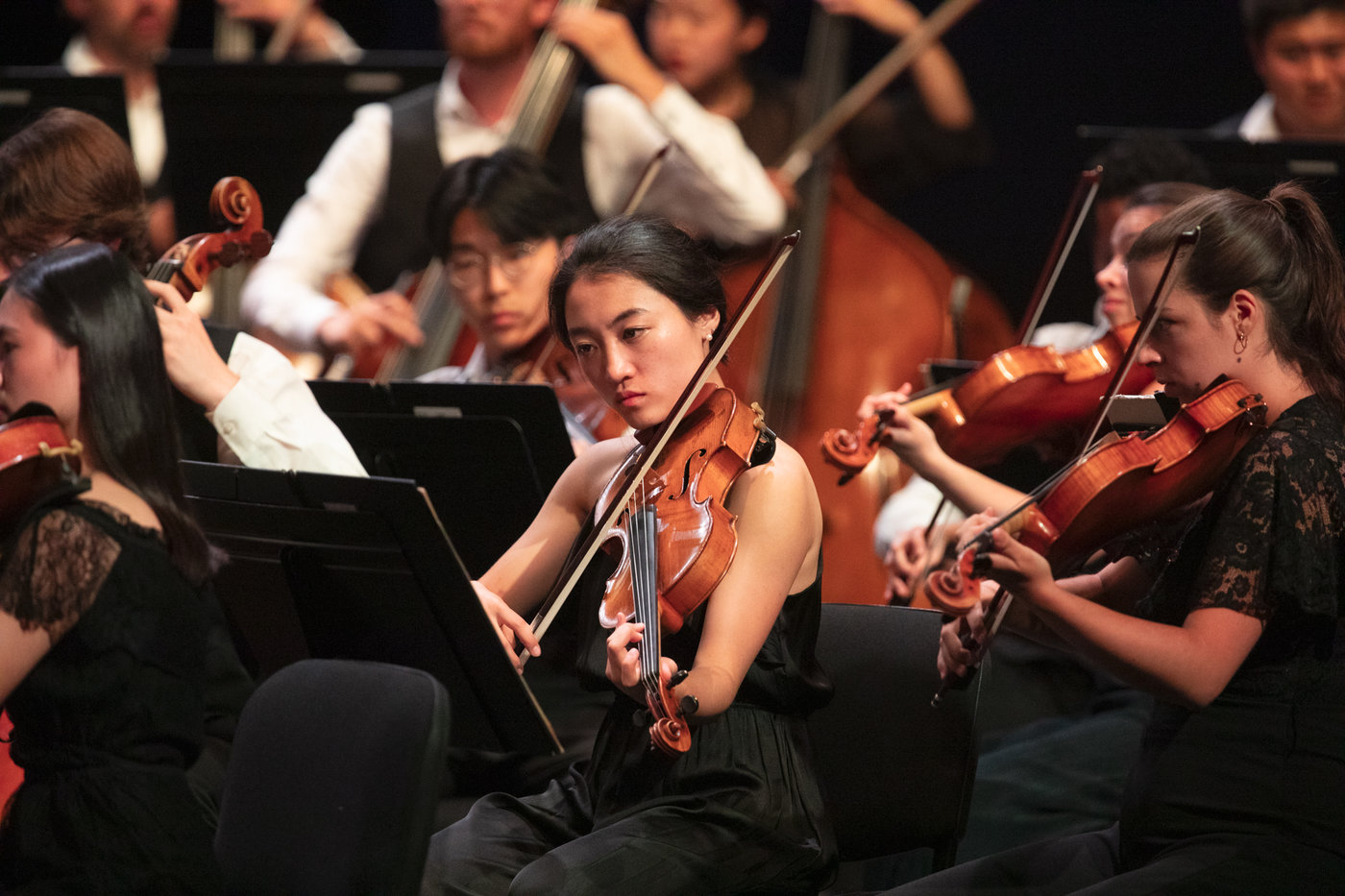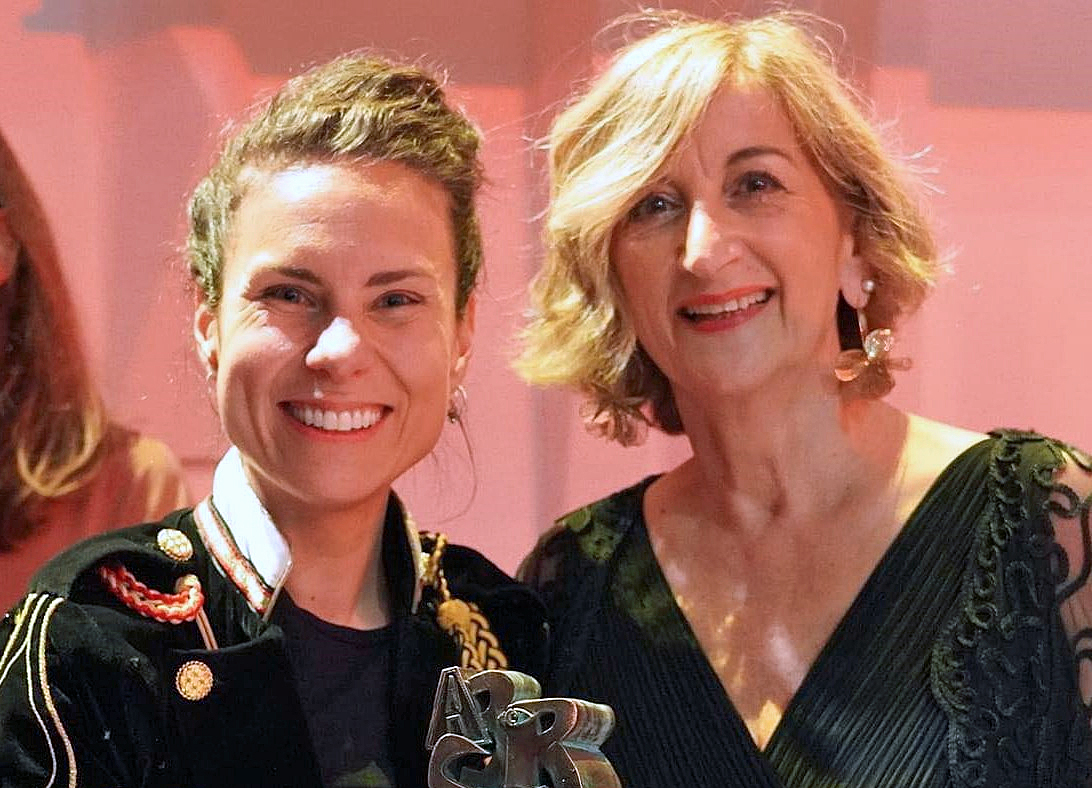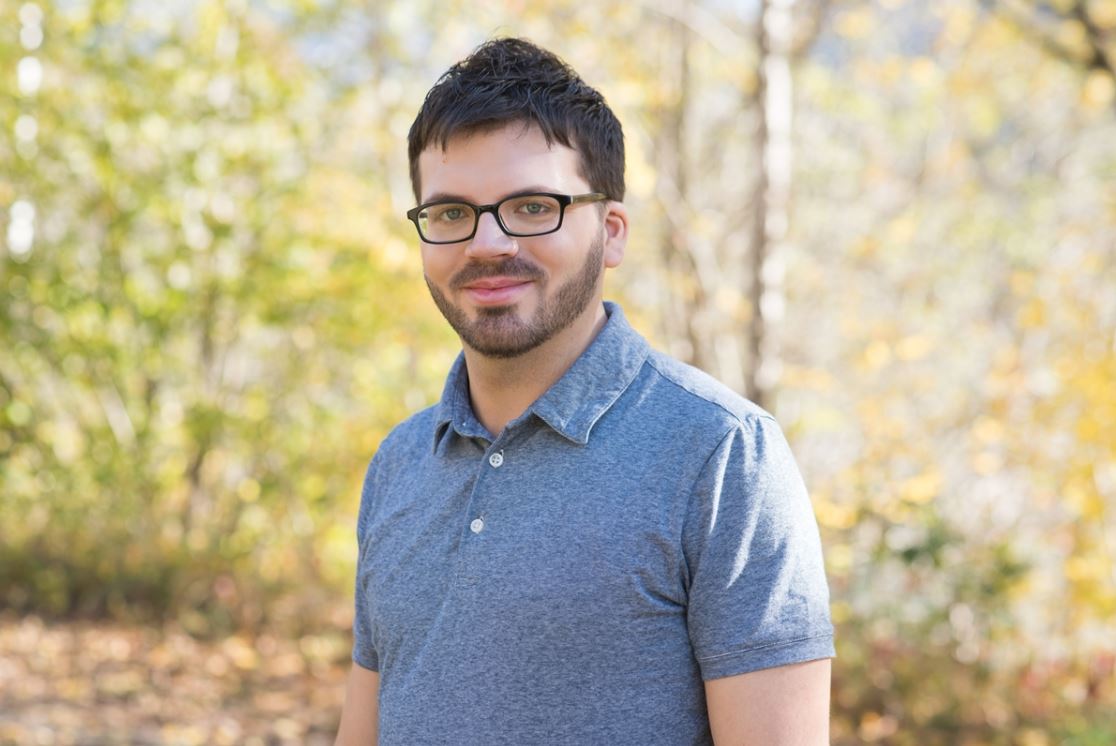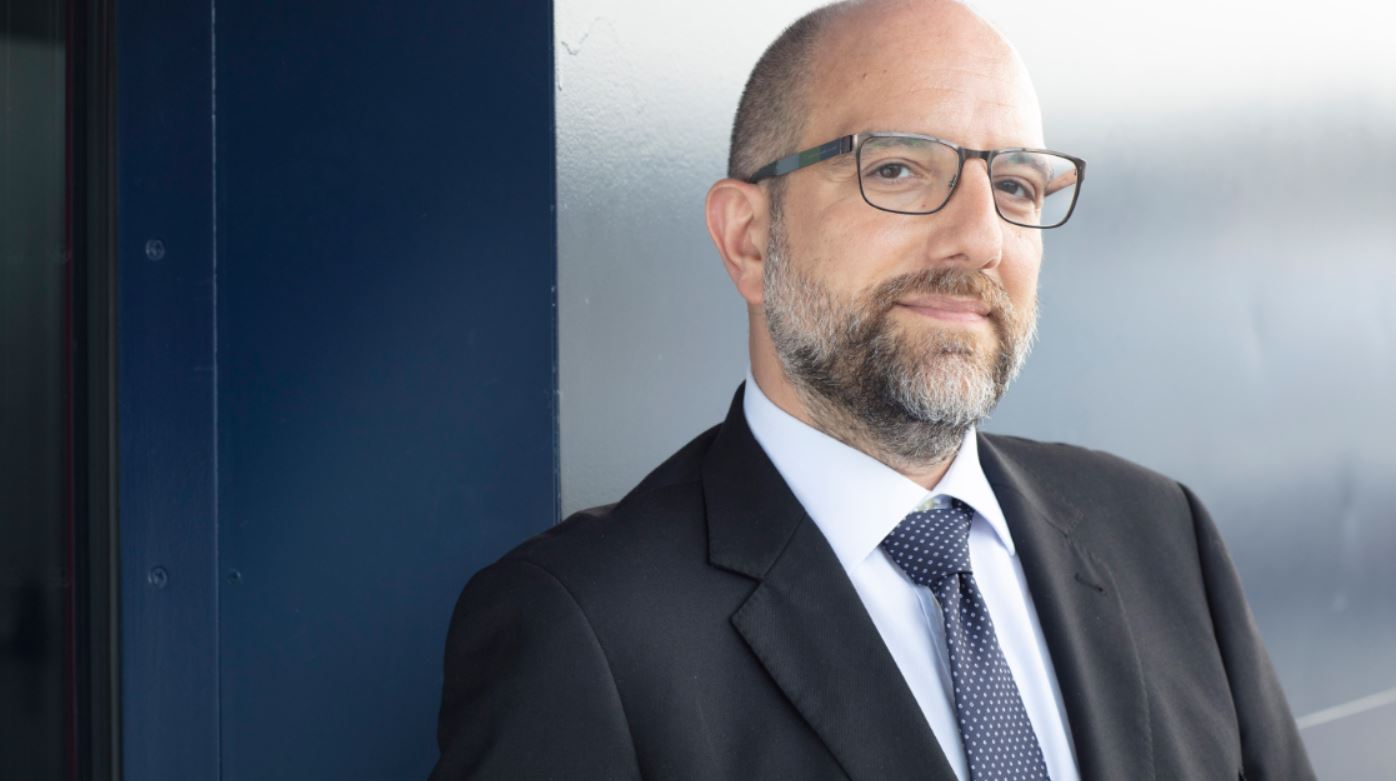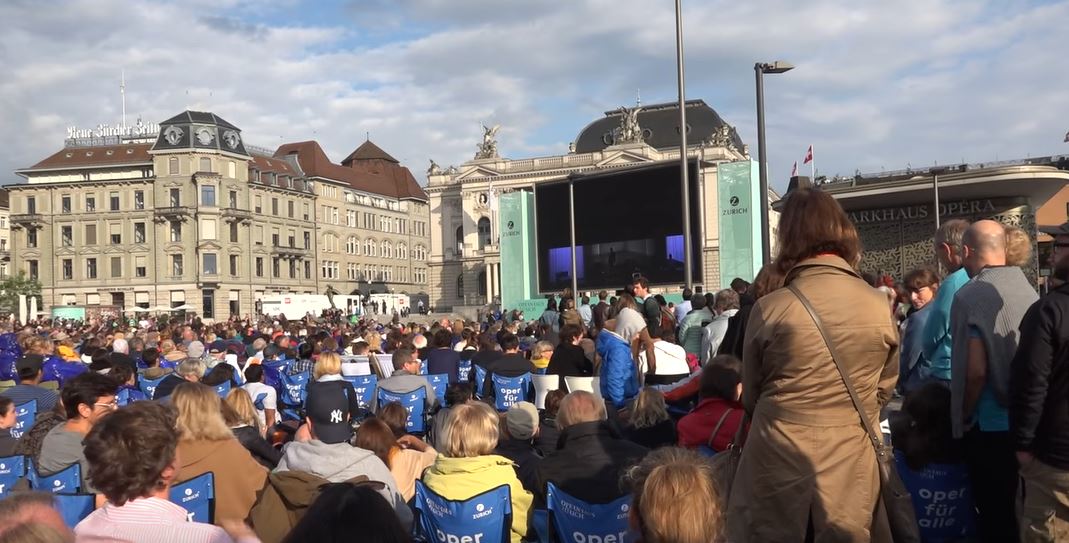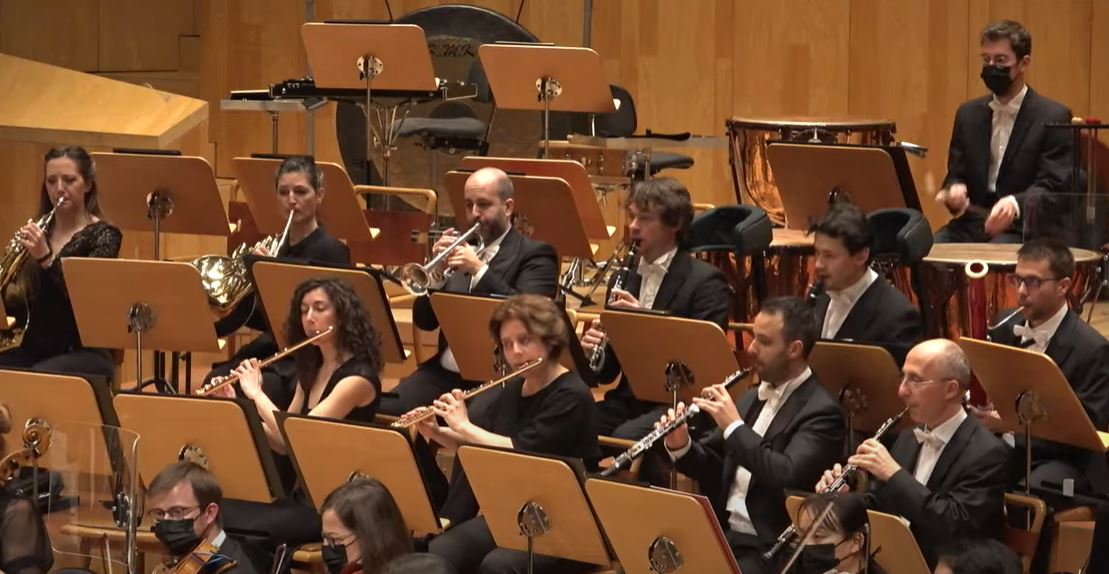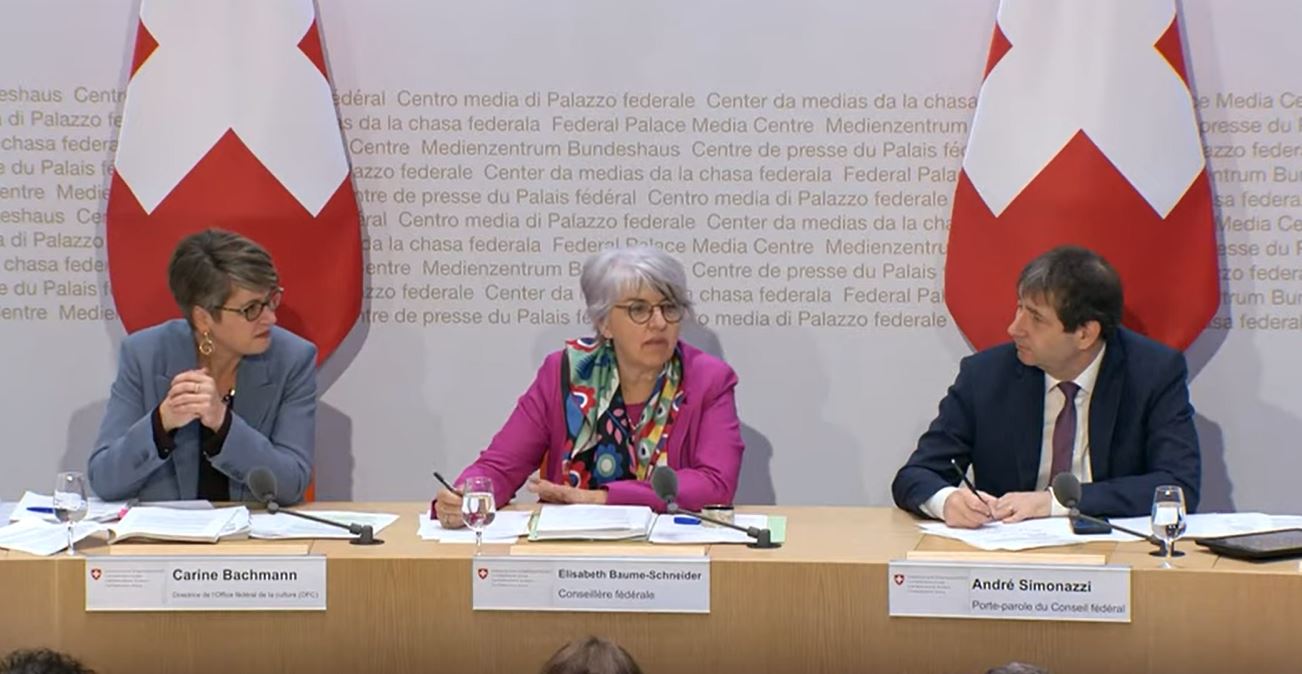Xavier Díaz-Latorre succeeds Croton in Basel
The lutenist Xavier Díaz-Latorre will succeed Peter Croton at the Schola Cantorum Basiliensis from the fall semester 2024/25, now including historical guitar instruments.

According to the Schola Cantorum, Xavier Díaz-Latorre was born in Barcelona. Between 1985 and 1992, he won several international prizes as a classical guitarist in France and Spain. In 1993, he completed his studies in guitar with Oscar Ghiglia at the Musikhochschule Basel. His interest in early music led him to study lute with Hopkinson Smith at the Schola Cantorum Basiliensis. He also completed several courses in choral conducting and a postgraduate course in orchestral conducting.
From 1996 to 2005 he was active in the field of baroque opera. He has also collaborated with the Fundación del Siglo de Oro, composing and producing music for the theater. He leads his own vocal and instrumental ensemble, Laberintos Ingeniosos, which specializes in the performance of music from Spain's Golden Age and also releases recordings.
Xavier Díaz-Latorre is currently a permanent professor of lute, basso continuo and chamber music at the Escola Superior de Música de Catalunya (ESMUC) and lute teacher at the Royal Conservatory of Brussels. He is a regular lecturer at the LSA (Lute Society of America) in Cleveland (Ohio), at the Amherst Early Music Festival (Connecticut) and at the Franz Liszt University of Music Weimar and has given lectures and master classes throughout Europe, the USA, South America, Japan and Korea.






